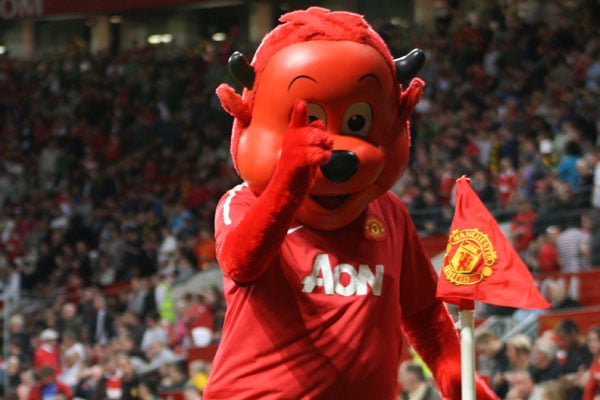Prime
Let’s document the history of our football

Author: Lewis Ayinebyona. PHOTO/FILE/COURTESY
What you need to know:
- Most clubs, especially in Europe, have a tradition of preserving their club history at every tier...
Multimedia is a valuable tool for keeping memories. Technology has evolved and so has storage of data. From keeping our photos in hard copies and albums to our storage devices and on the Internet. Football teams all over the world have photographs and videos of their first teams and staff that are put in their stadiums and club houses since inception.
Most clubs, especially in Europe, have a tradition of preserving their club history at every tier, which has been quite a challenge for Ugandan football clubs. Top clubs even have club museums at their stadiums alongside club shops which sell merchandise ranging from jerseys, apparel to other club souvenirs. We have heard of a good number of great Ugandan footballers from the past, notably the likes of Majid Musisi, Phillip Omondi, Tom Lwanga, Hassan Mubiru, among others, but got a few pictures or hardly any footage of their playing days.
Other African countries can boast of their football legends like Roger Milla (Cameroon), Nwankwo Kanu (Nigeria), Jay Jay Okocha (Nigeria), Samuel Eto’o (Cameroon), Emmanuel Adebayor (Togo), Mohamed Aboutrika ( Egypt), Benni McCarthy (South Africa) and many others with photo and video evidence as some were even immortalised with murals and statues. We could attribute that to their former football clubs and Fifa having the resources to document their playing days both at club and international level but that would be quite a lame excuse for us to use.
Football clubs offer stadium tours and fans can tour the club museum before the matches kick off. Fans come quite early to the stadium and engage in activities at the club like shopping at the club stores and having a look inside the museum, which are income-generating activities for the club besides sponsorships and partnerships. Documentation gives a sense of belonging and creates a strong bond to its fans and the community as they can see how far their club has evolved.
Considering our Ugandan football teams lack proper facilities, a stadium tour and club museum are quite out of the picture but a fans festival could be quite the medium to showcase club history.
This fans festival can have an exhibition of multimedia of the teams, players and matches from the past to the present, a pop-up club shop where merchandise can be sold, players and coaches can sign autographs and take pictures, panel discussions, an awards ceremony to recognise individuals who have been of much importance and contributed greatly to the club, companies and partners exhibiting and other entertainment related activities that could keep the fans engaged at the venue. This festival can run for at least two days to cater for all football fans and well-wishers who could be engaged but turn up for one day or the other. Football clubs can gather information from their past employees, be it former players, coaches and other staff and also media houses, which could be the main contributors since it could be a challenge to trace former employees or their families.
As we look to commercialise the sports industry, especially with the introduction of the national sports Bill, many other sports can take up the same initiative and gather their information from time immemorial, which could be a contribution to sports tourism.
With Afcon 2027 in anticipation, we can look to not only promote wildlife tourism but also curate a sports tourism itinerary where tourists can visit sports centres like the Teryet high-altitude centre in Kapchorwa and others in every region of the country, which could also in a way attract investors to build more and better sports facilities in our beloved country.
We need to get intentional with our goals, stop the talk and get on with the walk.
The writer, Lewis Ayinebyona, is a graduate of Football Studies, Solent University, Southampton; and grassroots coach




